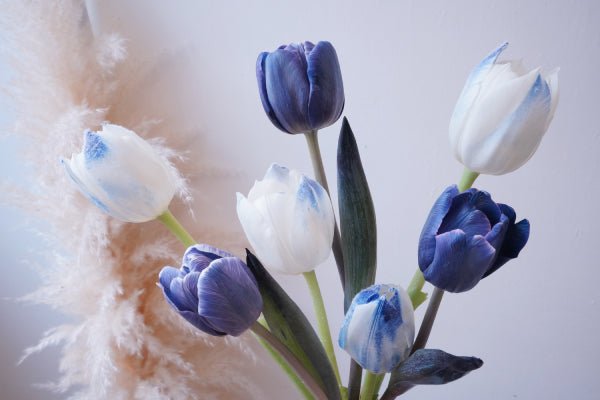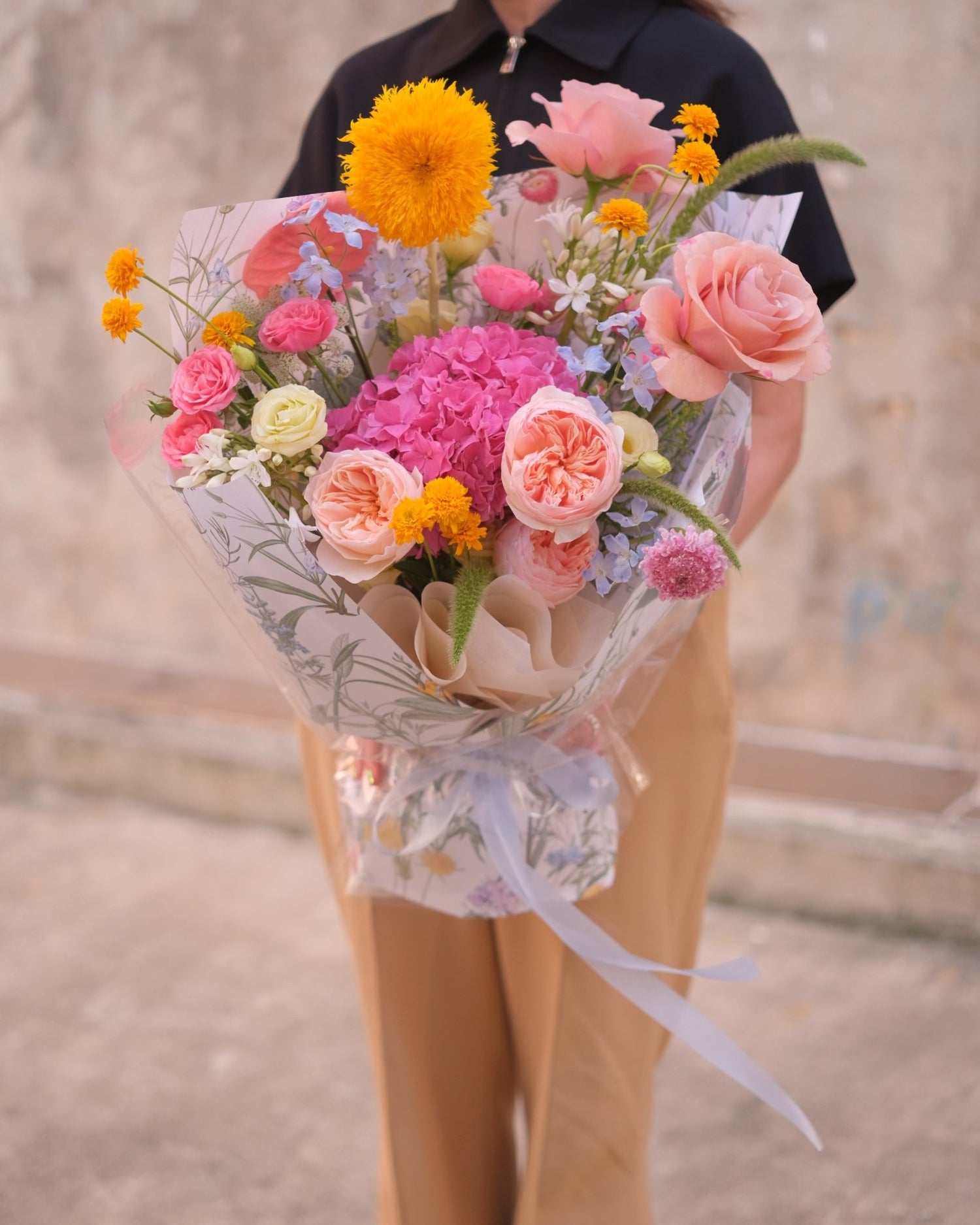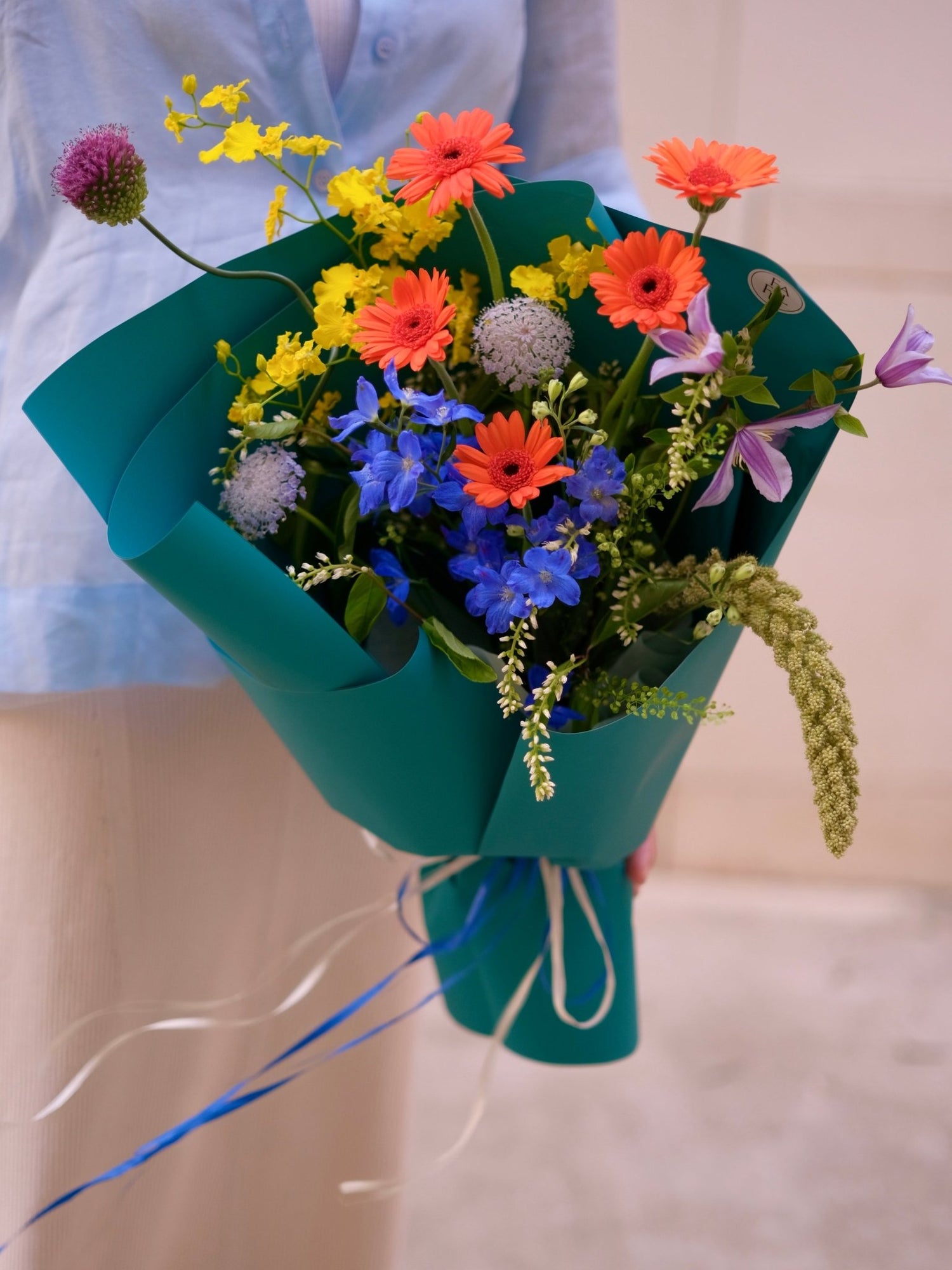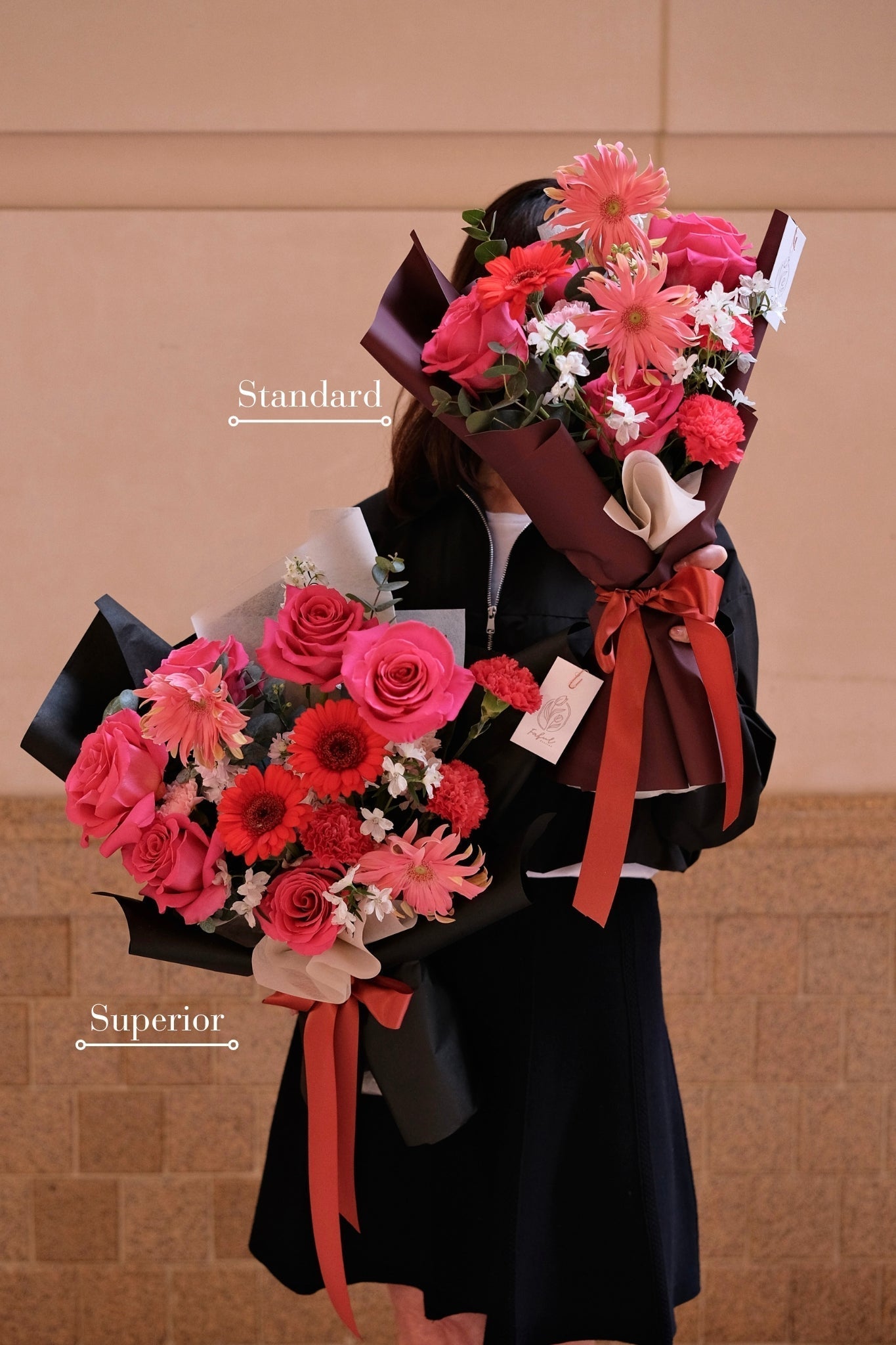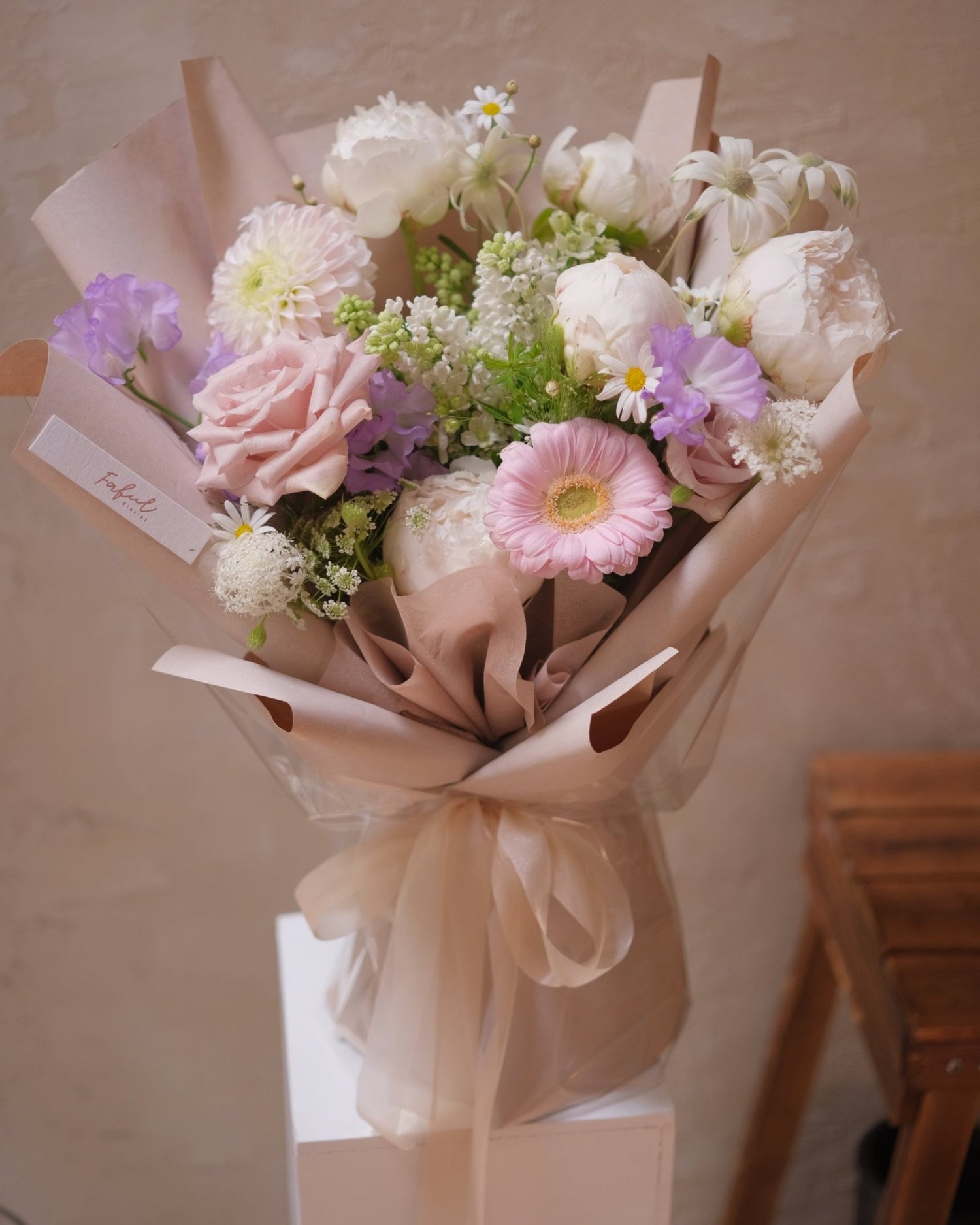
Understanding Hydrangea Meaning: A Deep Dive into this vibrant Flower
⏱️ Estimated Reading Time: 8 minutes 📅 Last Updated Year: 2026
Table of Contents
🌸 Hydrangea Flower Meaning Quick Reference Guide
| Color | Core Flower Meaning | Recommended Uses |
|---|---|---|
| Blue | Apology, regret, sincere emotions | Asking for forgiveness, reconciliation |
| Pink | Romance, love, sincerity | Anniversaries, Weddings |
| White | Purity, elegance (or boastfulness) | Wedding decoration, religious ceremonies |
| Purple | Deep understanding, prosperity, royalty | Expressing admiration, birthdays for elders |
Hydrangeas are vibrant and versatile flowers that have captivated people worldwide for centuries. Known for their large, lush blooms, hydrangeas serve as both ornamental plants in gardens and a beloved choice in floral arrangements. Beyond their beauty, the hydrangea flower meaning carries rich significance and deep symbolism that vary across different cultures. This article will explore the hydrangea flower meaning, providing insights into their history, cultural importance, and the hidden messages behind their colorful petals.

History and Origins of Hydrangea
Hydrangeas have a fascinating history, originating in native regions of Asia and North America. This plant was first cultivated in Japan, becoming an important part of the culture, often referred to as "Ajisai" (purple sun flower). The Japanese have cherished hydrangeas for centuries, as they often bloom during the rainy season, transforming gardens and temple grounds into stunning landscapes. This flower is also native to parts of China and Korea, where it is equally appreciated for its beauty.
Hydrangea fossils found in North America date back 40 million to 65 million years, showing their deep roots in the natural history of the continent. Although hydrangeas have existed in Asia and North America for a long time, they were not introduced to Europe until the 18th century. In 1736, a North American species was brought to England, and soon, hydrangeas spread throughout Europe, becoming a favorite for their large, showy blooms.
Want to learn more about other flower meanings? Extended reading: Flower Meaning - The Hidden Symbolism You Didn't Know | Choose the Right Flower for the Right Person

Etymology of Hydrangea
The name "hydrangea" is derived from the Greek words "hydro" (water) and "angeion" (vessel). This name refers to the plant's cup-shaped seed pods and its love for water. This is fitting, as hydrangeas require ample moisture to thrive.
Did You Know? The Romantic Legend Behind the Name
Another common name for hydrangea is "hortensia," believed to have been named by a French botanist, possibly after his rumored mistress or the daughter of a prince he met during his botanical studies. These interesting etymological stories add to the mystery of the hydrangea.
General Hydrangea Flower Meaning
The hydrangea flower meaning is diverse, with different cultural backgrounds bestowing various meanings upon this flower. In Japan, the hydrangea flower meaning symbolizes sincere emotions, gratitude, and apology. This meaning stems from a popular legend: a Japanese emperor gave blue hydrangeas to the family of a girl he loved to apologize for neglecting her. This act of giving hydrangeas became a symbol of sincere feelings and apologies.
In contrast, in European cultures, especially during the Victorian era, the hydrangea flower meaning carried more negative connotations. Because they produce many flowers but relatively few seeds, they were often associated with arrogance and vanity. Victorian men would even send hydrangeas to women who rejected them, symbolizing coldness and heartlessness. This cultural background makes the hydrangea flower meaning complex; depending on the interpretation, it can represent positive or negative traits.

Hydrangea Flower Meaning by Color
- Blue Hydrangea: The blue hydrangea flower meaning is often associated with apology, forgiveness, and understanding. They are an ideal choice for expressing regret or reconciling with someone, as the soft blue evokes feelings of sincerity and sympathy. The flower meaning of blue hydrangeas is closely linked to genuine emotions.
- White Hydrangea: The white hydrangea flower meaning symbolizes purity, elegance, and abundance. They are often used in weddings and religious ceremonies due to their graceful appearance. However, in Victorian culture, white hydrangeas could also symbolize boasting or arrogance, adding complexity to their symbolism.
- Pink Hydrangea: The pink hydrangea flower meaning represents sincere emotions, love, and romance. Their soft pink tones make them a popular choice for wedding bouquets and romantic gestures, symbolizing deep affection and heartfelt feelings. The flower meaning of pink hydrangeas is frequently associated with expressions of love.
- Purple Hydrangea: Purple hydrangeas symbolize deep understanding, elegance, royalty, and a desire for a deeper connection. Purple is often associated with nobility and luxury, making purple hydrangeas a fitting gift for expressing admiration and gratitude. The symbolism of purple hydrangeas reflects pride and dignity.
- Green Hydrangea: The green hydrangea flower meaning is a symbol of renewal, rebirth, prosperity, and good luck. They are often used to celebrate new beginnings or to wish someone good fortune, as the fresh green evokes feelings of growth and positivity. The flower meaning of green hydrangeas is closely related to new life and positive energy.
The Meaning of Hydrangeas in Different Cultures
The hydrangea flower meaning holds different significance across various cultures, each offering a unique interpretation of the flower's symbolism.
- Japanese Culture: In Japan, the hydrangea flower meaning is deeply connected to emotions and apology. The legend of the emperor using blue hydrangeas to apologize has made these flowers a symbol of sincere emotion and earnestness. In Japan, the hydrangea flower meaning is closely tied to love, regret, and gratitude. These flowers are also associated with the rainy season, adding to their connection with renewal and reflection.
- Victorian Era: During the Victorian era, the hydrangea flower meaning was often seen as a symbol of vanity, boastfulness, and rejection. Their large, showy blooms were thought to represent arrogance and were sometimes given to people who rejected romantic advances to symbolize their coldness. Victorian hydrangea symbolism reflects the complex social dynamics of the time.
- Korean Culture: In Korea, the hydrangea flower meaning is associated with resilience and perseverance. Their ability to thrive in various conditions has made them a symbol of strength, and the flower is celebrated annually at the Hydrangea Culture Festival held at Taejongsa Temple in Busan. This festival honors the significance of the hydrangea's resilience and beauty in Korean culture.

Uses of Hydrangea
Hydrangeas are not only appreciated for their beauty but also have practical uses. In gardens, they are often used as border plants or focal points due to their large, colorful blooms. Their versatility makes them a top choice for landscape design, adding vibrant colors and lush textures to outdoor spaces. In garden design, the meaning of hydrangeas is typically abundance and elegance.
Hydrangeas are also commonly used in floral arrangements for weddings and special events. Their large blooms and diverse colors make them an excellent choice for adding volume and elegance to bouquets and centerpieces. Pink and white hydrangeas, in particular, are popular choices for romantic occasions due to their associations with love and purity. In floral arrangements, hydrangea symbolism often conveys messages of love, gratitude, and celebration.
In traditional medicine, Buddhists use the leaves of mountain hydrangea (hydrangea serrata) to brew a sweet tea believed to have cleansing properties. This tea is often consumed in ceremonies and is said to help treat autoimmune diseases, malaria, kidney stones, and other ailments. Native Americans also used hydrangea roots as a diuretic and the bark for pain relief, demonstrating the plant's historical medicinal uses. In traditional medicine, the meaning of hydrangea is healing and purification.
Fun Facts About Hydrangeas
Hydrangeas are fascinating flowers with some surprising characteristics that make them stand out. Here are a few fun facts about hydrangeas:
Did You Know? Hydrangea Trivia
- The color of hydrangea flowers is influenced by the soil's pH level. Acidic soil (pH below 5.5) produces blue flowers, while alkaline soil (pH above 7) produces pink or even red flowers. This unique trait makes hydrangeas one of the few flowers that can change color by altering the soil composition. The hydrangea flower meaning can vary by color, which in turn is affected by soil conditions.
- What appear to be hydrangea petals are actually sepals, which are modified leaves that protect the true flower buds. As the sepals age, they develop vibrant colors, giving hydrangeas their signature look.
- Hydrangea leaves contain low concentrations of cyanide, which can be toxic if ingested. While rarely fatal, consuming the leaves can lead to symptoms like nausea, diarrhea, and even seizures, so it is important to keep hydrangeas out of reach of pets and children.

Caring for Hydrangeas
Whether grown in a garden or used in floral arrangements, hydrangeas are relatively easy to care for. Here are some tips to keep your hydrangeas healthy and vibrant:
- In the Garden: Hydrangeas thrive in well-drained soil with plenty of moisture. They prefer partial shade, especially in hotter climates, and benefit from regular watering, particularly during dry spells. To encourage healthy blooms, fertilize in the spring and again in the summer. Proper care ensures the beauty and abundant meaning of hydrangeas are fully realized.
- In Floral Arrangements: To keep cut hydrangeas fresh, cut the stems at an angle and place them in a vase with fresh water. Hydrangeas are known for their ability to wilt quickly, so staying hydrated is important. Adding floral preservatives to the water can help extend the life of the blooms. Through proper care and maintenance, the hydrangea symbolism in floral arrangements is enhanced.

Conclusion
Hydrangeas are more than just beautiful flowers; they carry a rich history, diverse hydrangea flower meanings, and cultural significance that make them truly special. From their origins in Asia and North America to their spread across Europe, hydrangeas have captivated people for centuries with their vibrant colors and lush blooms. The hydrangea flower meaning ranges from sincere emotions and gratitude to vanity and arrogance, depending on the cultural context and the color of the blooms.
Whether used in gardens, floral arrangements, or even traditional medicine, hydrangeas continue to inspire and enchant with their beauty and versatility. By understanding the deeper meaning and cultural importance behind hydrangeas, we can appreciate these flowers on a deeper level and use them in meaningful ways to convey our emotions and feelings. Explore the world of hydrangeas in your own garden or bring their beauty indoors with a stunning bouquet to experience their charm and hydrangea flower meaning firsthand.

🌸 Summary of Hydrangea Culture and Symbolism
| Culture/Region | Main Symbolism | Backstory |
|---|---|---|
| Japan | Sincere emotions, apology | Legend of the Emperor giving flowers to apologize to his lover |
| Victorian Era (Europe) | Indifference, arrogance, vanity | Seen as flashy but hollow due to abundant blooms but few seeds |
| Korea | Resilience, perseverance | Highly adaptable, the star of the Taejongsa Temple culture festival |




